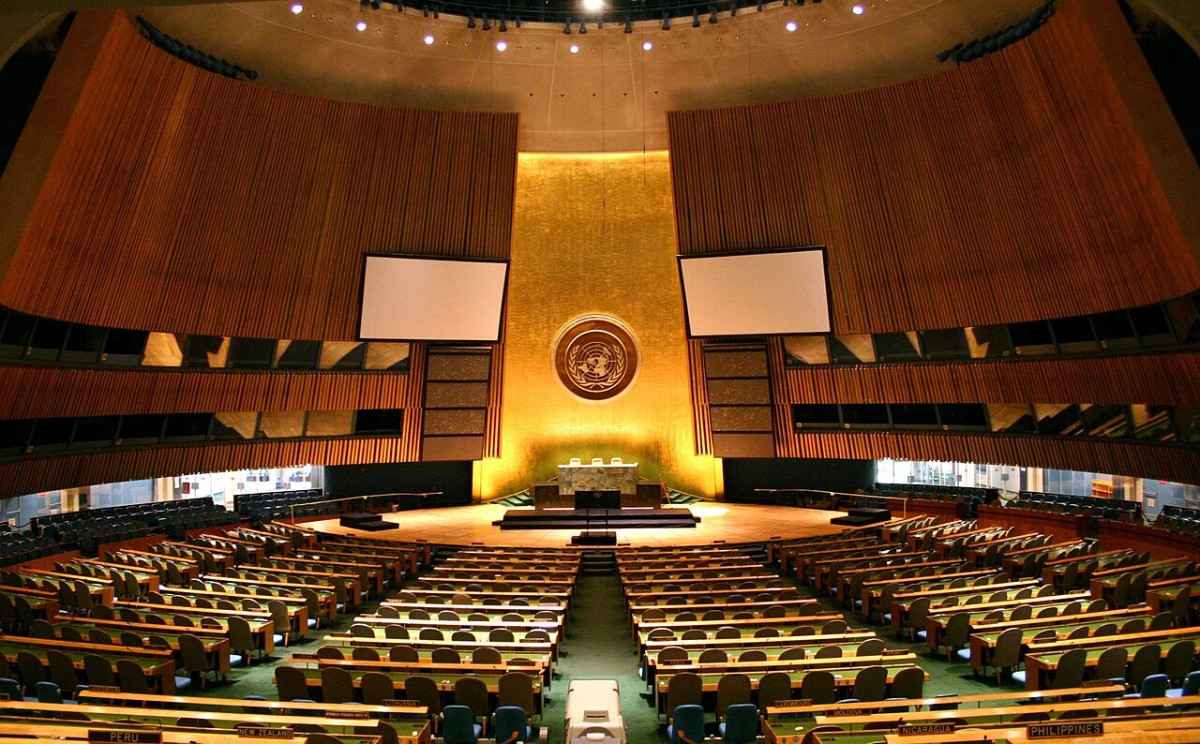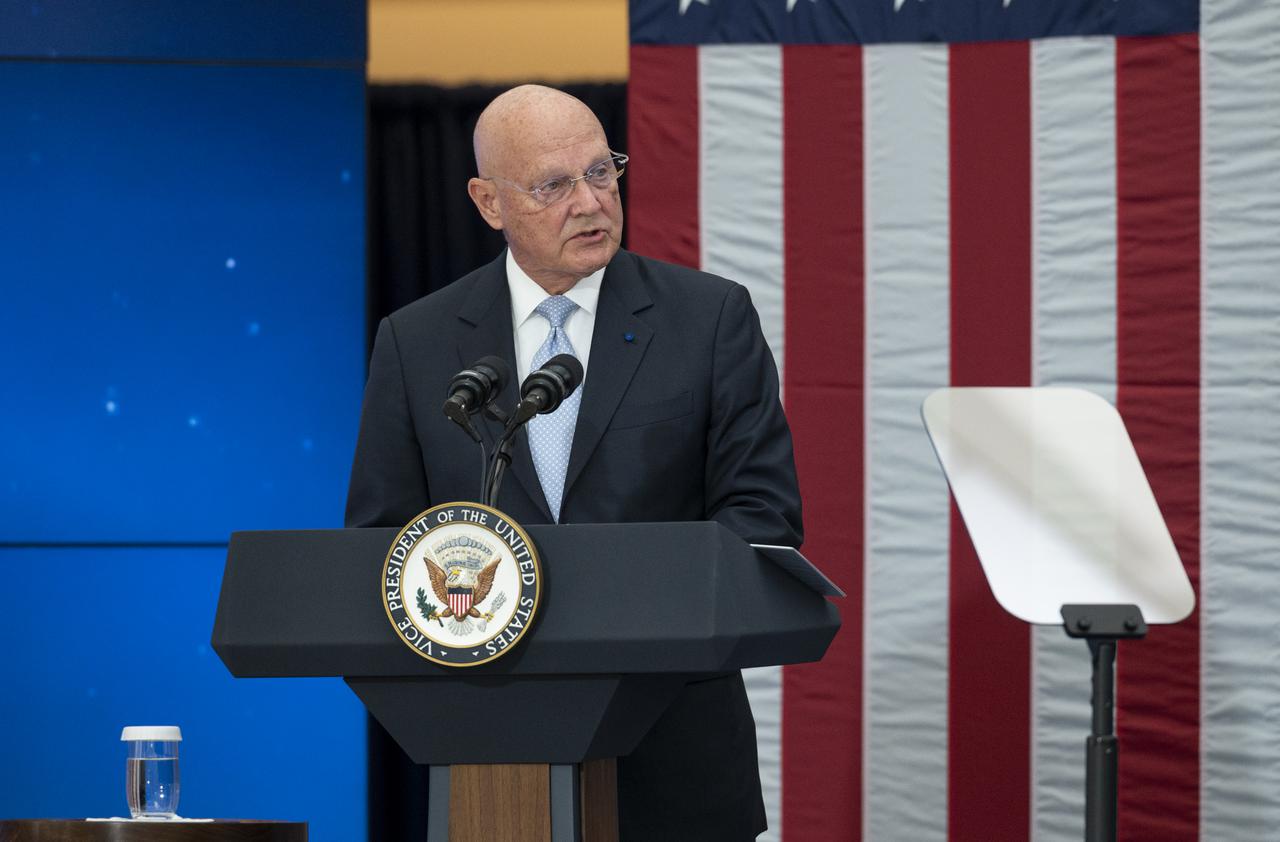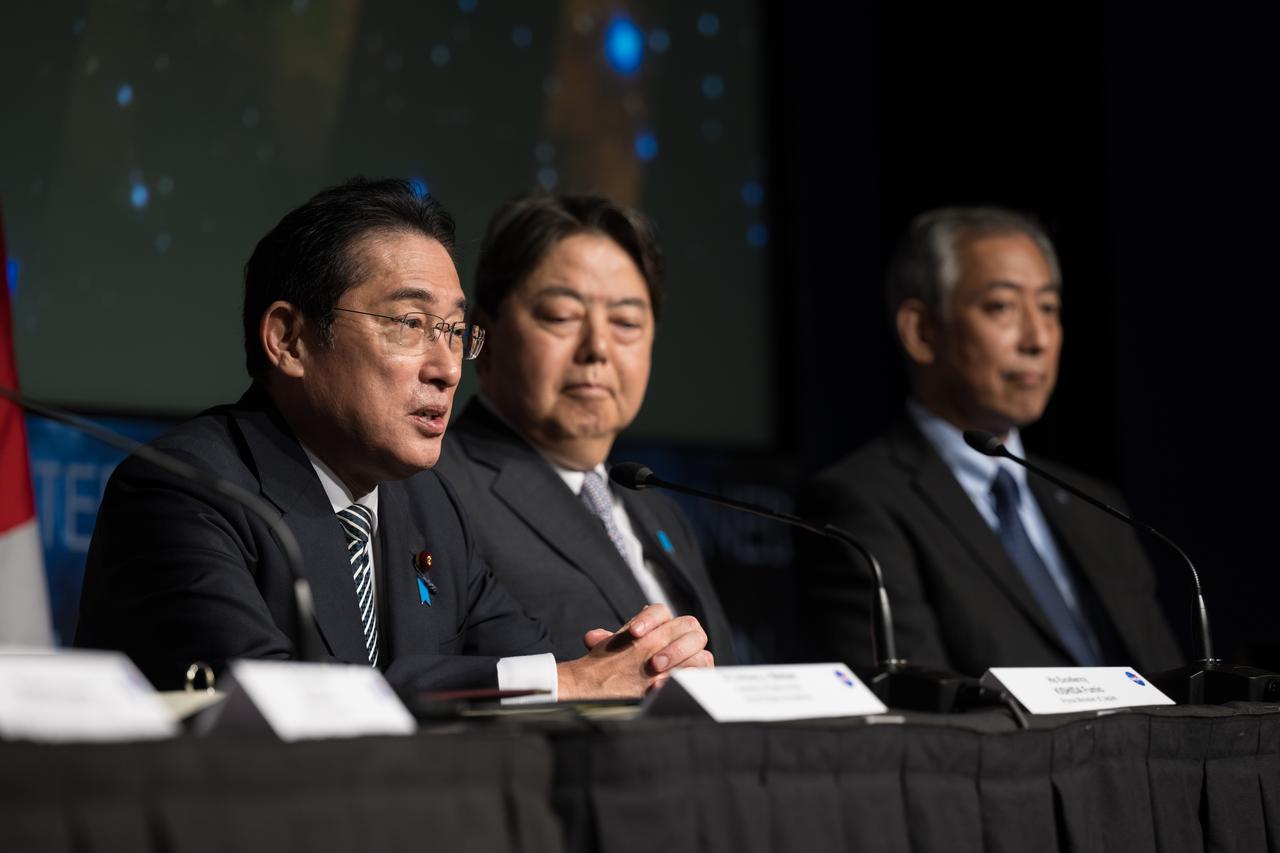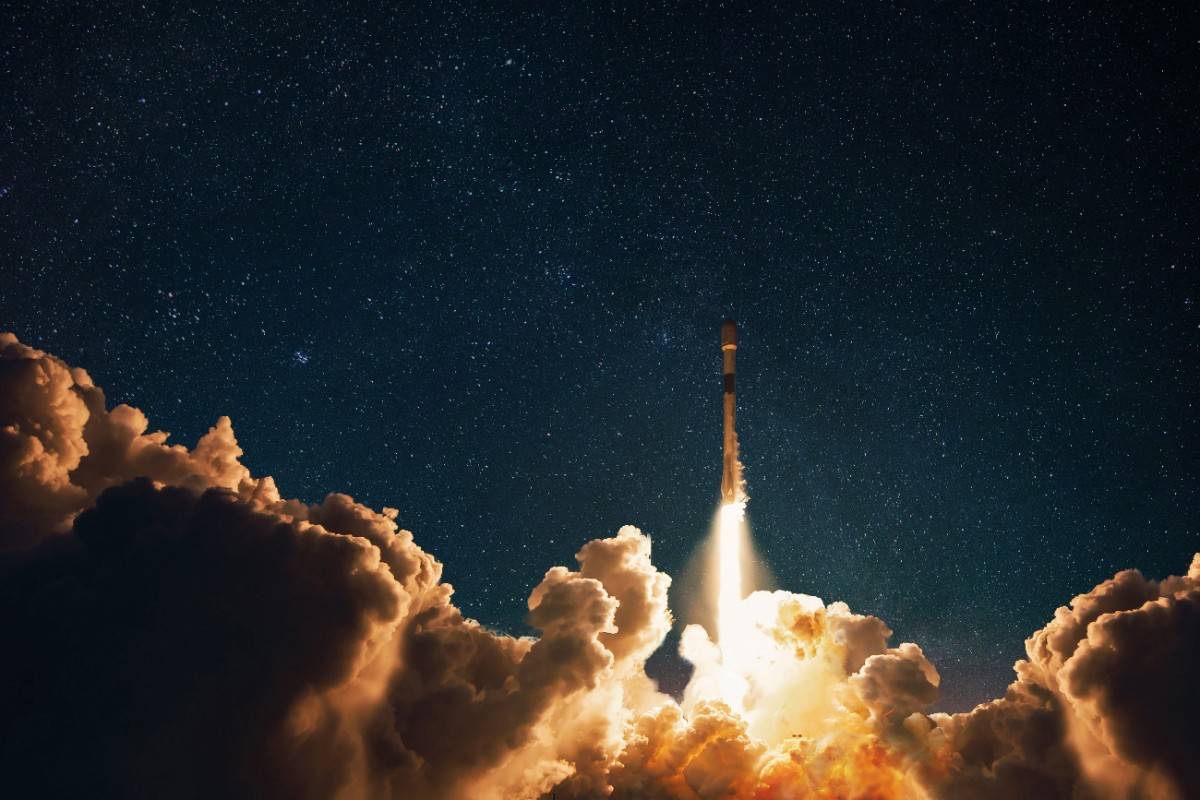From once a distant sci-fi dream to near-future reality, space mining is quickly becoming a hot topic. As private companies and national space agencies gear up to explore the final frontier and extract resources from the Moon, asteroids, and beyond, one question looms large: Who gets to decide the rules? That’s where the United Nations (UN) steps in, as one of the key players in space resource governance.
While the UN doesn’t build rockets or mine asteroids, it plays a crucial role in shaping the legal and ethical framework that governs human activity in outer space. This includes ensuring that space resource utilization benefits all humankind, not just a few wealthy nations or corporations.
In this blog post, we’ll explore the United Nations’ role in space resource governance: what it does, the treaties and bodies it has established, its current relevance, and what the future may hold.
Why Space Resource Governance Matters
The growing interest in space resources, such as water deposits on Mars, for example, rare earth elements on asteroids, or Helium-3 for potential fusion energy, has led to serious investments from both government and private actors. Companies like SpaceX, national space agencies from the U.S., China, and others have expressed intentions to explore or extract these materials.
But here’s the challenge: space is not owned by anyone, yet everyone wants a piece of it. Without clear, enforceable global rules, there’s a risk of conflict, environmental harm, and inequity. This is why space resource governance is a major concern, not just for scientists and lawyers, but for humanity’s shared future.
The UN’s Role: A Legal Architect, Not a Police Force

The United Nations doesn’t control space activities or own any celestial bodies. Instead, it provides the legal scaffolding upon which international space law is built. The UN’s authority in space governance comes from:
- Drafting and promoting international treaties and principles
- Facilitating discussions among nations
- Encouraging peaceful, cooperative, and sustainable use of outer space
Now, let’s take a look at how this plays out through the institutions and frameworks it has established.
Key UN Bodies Involved in Space Governance
Before we dive into any treaties and legal debates, it’s important to understand who exactly within the United Nations is steering these conversations. The UN isn’t a single entity but a complex system made up of various offices, committees, and subcommittees, each playing a unique role in shaping international space law.
These bodies serve as platforms for diplomacy, negotiation, and the development of shared guidelines that aim to keep space peaceful, accessible, and beneficial to all humankind. Below are the main UN organizations responsible for driving the agenda on space resource governance.
1. United Nations Office for Outer Space Affairs (UNOOSA)
UNOOSA is the main UN agency responsible for promoting international cooperation in the peaceful use of outer space. Based in Vienna, it serves as a secretariat and knowledge hub for space-related activities. What does UNOOSA do, exactly?
- Implements the decisions of the UN Committee on the Peaceful Uses of Outer Space (COPUOS),
- Registers objects launched into space (under the Registration Convention),
- Provides legal advisory services and capacity-building support to countries developing their space programs,
- Runs the UN-SPIDER program for disaster management using space-based technologies.
Although UNOOSA is not a regulatory agency, its work has immense influence over global norms and practices.
2. UN Committee on the Peaceful Uses of Outer Space (COPUOS)
Established in 1959, COPUOS is the main platform for UN discussions on space governance. It includes 100+ member states, making it one of the most inclusive bodies for international space dialogue. COPUOS consists of two subcommittees: the Scientific and Technical Subcommittee and the Legal Subcommittee, which address issues such as:
- Space debris mitigation,
- Use of nuclear power sources in outer space,
- Long-term sustainability of outer space activities,
- Legal norms for space resource utilization, and more.
COPUOS operates by consensus, meaning that any major decision requires universal agreement among members. This can slow things down from time to time, but also ensures legitimacy and fairness, which are necessary in matters such as these.
Foundational Treaties: The UN’s Legal Legacy in Space Law

The UN has helped create five major treaties that form the backbone of international space law. Of these, two are particularly relevant for space resource governance:
1. The Outer Space Treaty (OST) – 1967
The cornerstone of international space law, the 1967 Outer Space Treaty was developed under UN auspices during the Cold War and has since been signed by 115 countries, including all major space powers.
Key principles of the OST establish that:
- Space is the province of all humankind
- No national sovereignty claims on celestial bodies
- Space must be used for peaceful purposes
- States are responsible for national space activities, including those by private entities
- Activities must avoid harmful contamination of space and celestial bodies
The OST doesn’t explicitly mention mining, but it prohibits appropriation of space or celestial bodies “by claim of sovereignty, by means of use or occupation, or by any other means.” This clause has fueled intense legal debates about whether space mining violates or complies with the treaty.
2. The Moon Agreement – 1979
The Moon Agreement is another treaty adopted by the United Nations General Assembly back in 1979, coming into force in 1984. It aimed to clarify the use of the Moon and its resources. It introduced the concept of the Moon and other celestial bodies being the “common heritage of mankind. It proposes:
- An international regime to govern the exploitation of lunar resources
- Equitable sharing of benefits
- Prior consultation and approval before resource extraction
However, although well known, this agreement has very little international support. Only 18 countries have ratified it, and none of the leading spacefaring nations (like the U.S., Russia, or China) are signatories. Because of this, the Moon Agreement holds limited legal force today, although it remains a reference point in ongoing debates about fairness and equity.
UN-Led Initiatives and Recent Discussions

Beyond foundational treaties and legal committees, the UN continues to adapt its approach to meet the challenges of modern space activity. As technology evolves and the prospect of space mining becomes more tangible, the UN has launched several initiatives and working groups to explore how existing frameworks can be strengthened – or whether new ones are needed.
These efforts aim to build consensus, promote responsible behavior, and ensure that space resource activities are guided by principles of sustainability, transparency, and international cooperation. Here’s a look at some of the most important recent developments.
1. Long-Term Sustainability Guidelines (LTS)
Adopted by COPUOS in 2019, the LTS guidelines provide voluntary best practices for responsible behavior in space. They encourage transparency, international cooperation, and environmental protection. Though not legally binding, these guidelines serve as a baseline for norms, especially in areas like:
- Avoiding space debris
- Sharing information about space missions
- Protecting space environments, including the Moon and asteroids
2. Working Groups on Space Resources
In recent years, COPUOS has also established dedicated working groups to study the legal aspects of space resource utilization. These groups:
- Analyze whether existing treaties are sufficient
- Explore options for developing new international mechanisms
- Encourage input from non-spacefaring nations and the Global South
Discussions are ongoing, with no formal regulation yet, but there is momentum toward creating an inclusive global framework.
3. Other Notable Mentions
- 2024 Lunar Conference: In 2024, UNOOSA led the first Sustainable Lunar Activities conference, stressing that nations should coordinate (not race) in Moon missions. Director of UNOOSA Aarti Holla-Maini said: “As we look at the night sky, I believe that each and every one of us wants to preserve our planet’s largest, natural satellite. This initiative highlighted that there is a growing international consensus on the need for consultation and coordination on lunar exploration rather than a ‘space race’ or division of space policy.
- International Moon Day: To further promote awareness of peaceful and sustainable lunar exploration, the UN declared July 20th as International Moon Day, commemorating the Apollo 11 landing in 1969. Beyond celebration, this observance serves as a global call to action, encouraging dialogue around responsible lunar development, especially as the Moon becomes a focal point for upcoming scientific and commercial missions.
- Space4Women Initiative: Launched by UNOOSA, Space4Women is another notable effort aimed at increasing the participation and leadership of women in space-related fields, including science, law, and policy. This initiative ensures that governance of space resources reflects diverse perspectives, which is crucial as we design inclusive frameworks for humanity’s future in space.
- Access to Space for All: UNOOSA continues to offer legal and technical support to developing countries through workshops, training programs, and the Access to Space for All initiative. These efforts help bridge the gap between spacefaring and non-spacefaring nations, reinforcing the principle that outer space and its resources should benefit all countries, not just the technologically advanced.
Efforts such as these show the UN is paving the way so space mining benefits all humanity, not just a few.
National and Private Efforts: Are They Jumping the Gun?

Meanwhile, some nations have moved ahead unilaterally. Several pioneering countries have already passed national space resource laws, raising questions about the need for international oversight. For example:
- United States (2015): The Commercial Space Launch Competitiveness Act recognizes the right of U.S. citizens to own resources they extract from celestial bodies.
- Luxembourg (2017): Passed a similar law to attract private investment in asteroid mining.
- UAE and Japan: These nations have also shown support for commercial resource rights in space.
Meanwhile, NASA’s Artemis Accords (a set of bilateral agreements with partner nations) include principles on resource use, transparency, and interoperability, but they are outside the UN framework.
These moves are legal under the OST (as long as they don’t claim sovereignty), but critics argue they sidestep multilateral dialogue and risk setting a precedent where first-come, first-served replaces collective governance.
Challenges the UN Faces
While the United Nations plays a central role in shaping space governance, it’s not without its limitations.
- Lack of Enforcement Power: The UN cannot penalize states or companies for breaking space norms. Its treaties rely on mutual trust and state responsibility.
- Slow Consensus Building: COPUOS decisions require full consensus, making it hard to respond swiftly to technological changes, which is often a target of critique.
- Growing Commercialization: The rise of private actors with massive funding challenges the UN’s traditional state-based legal system.
- Diverging National Interests: Some countries favor free-market resource use, while others insist on equitable benefit-sharing. This ideological divide complicates progress.
What’s Next? The UN’s Future in Space Mining Governance
Despite its limitations, the UN is taking steps to remain relevant in the new space age. Some possible future developments might include:
- A new international regime for space resource use (building on or replacing the Moon Agreement)
- Mandatory registration and disclosure of extraction missions
- A profit-sharing model (inspired by the UN Convention on the Law of the Sea)
- Stronger integration of environmental protections and indigenous knowledge (especially if off-Earth settlements develop)
Calls for Inclusion
There is also a push to include non-spacefaring nations in governance discussions so that outer space remains a global commons, not a private gold rush. UNOOSA has emphasized capacity-building for developing countries, ensuring they don’t get left behind in the space economy.
United Nations & Space Governance: A Balancing Act in Progress

The UN is not the space police, but it is the most legitimate international forum for shaping the future of space resource governance. Its treaties, guidelines, and ongoing discussions lay the groundwork for a fair, peaceful, and sustainable space economy. For now, the rules of the game are still being written.
Space mining enthusiasts, entrepreneurs, and policymakers alike should keep a close eye on what happens next at the UN. Because, while private companies may have the rockets, it’s the legal frameworks and cooperative agreements that will ultimately decide who gets to mine what, and how we all benefit.
Want to stay updated on the latest space governance news and developments? Keep up with our posts and sign up for our newsletter to get fresh insights delivered straight to your inbox. We’ll follow the work of UNOOSA and COPUOS for you, and watch for announcements from upcoming UN space law sessions to keep you in the loop.